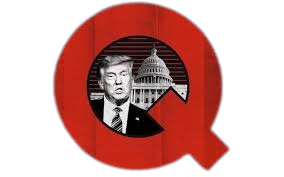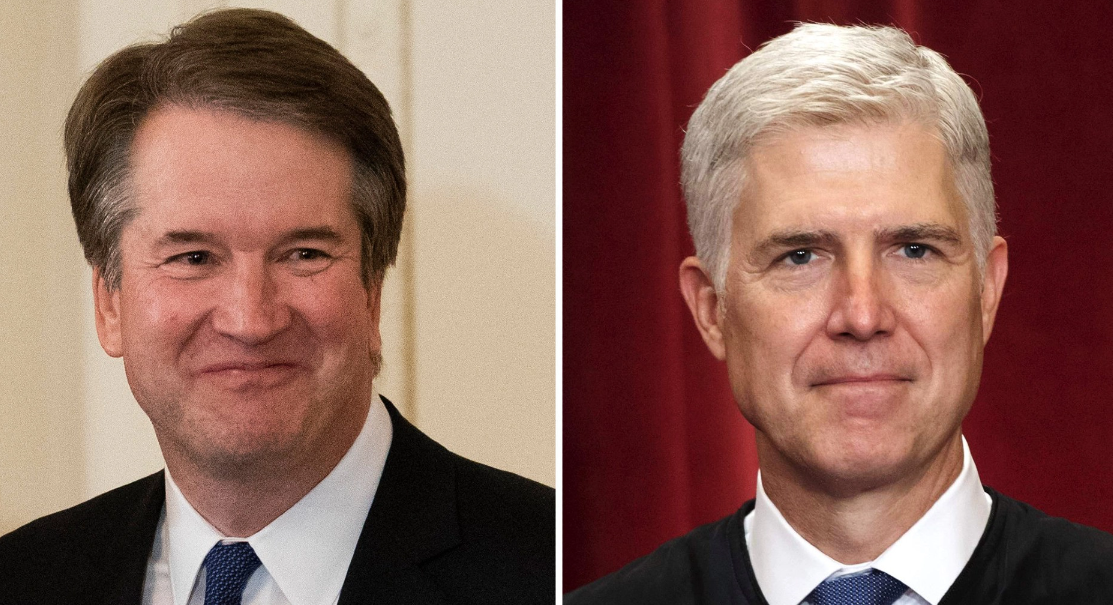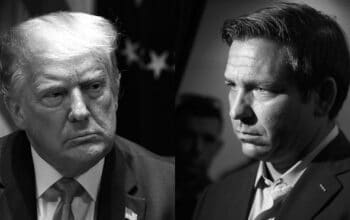The U.S. Supreme Court will issue a ruling in days that is likely to have a major impact on gun control efforts and laws across the country.
The ruling, which many high court observers believe will serve to strengthen and expand individual gun rights under the Second Amendment, comes on the heels of new recent mass murders in Buffalo, N.Y., and Uvalde, Texas, that have left dozens dead or wounded.
The Hill reports:
The conservative majority court is expected to rule in the coming days or weeks in a pending dispute over New York state’s tight limits on the concealed carry of handguns.
Experts said that while it’s unclear just how broadly the Supreme Court would rule, the restrictive New York law is likely to be invalidated in a decision that could have ramifications for gun control efforts across the country.
“It does seem relatively clear that the court is going to strike down New York’s law and make it harder for cities and states to restrict concealed carry of firearms,” Adam Winkler, a professor at UCLA School of Law, told the outlet.
“It remains to be seen exactly how broad the Supreme Court goes, but one thing is clear: as mass shootings become more of a political issue, the court is going to take options away from lawmakers on the basis of the Second Amendment,” Winkler added.
While the justices are expected to hand down their ruling as soon as next week, if it does not come then it won’t come any later than late June or early July. Also expected: A major ruling on the landmark 1973 abortion legalization opinion known as Roe v. Wade.
“As they deliberate, the U.S. is again engaged in a wrenching debate over the constitutional right to bear arms and Americans’ concerns over personal safety in a country with more than 390 million privately owned guns,” The Hill reported. “The discussion has intensified as a result of two recent mass shootings that shattered communities in New York and Texas.”
In New York, an 18-year-old shooter used an AR-15-style rifle while wearing body armor to shoot and hill 10 people at a grocery store in a predominantly black neighborhood, while wounding three others. All of the victims except for two were black.
Then, just 10 days later, another 18-year-old entered the Robb Elementary School in Uvalde and killed 19 children along with two adults. He was eventually shot and killed by an off-duty Border Patrol agent who rushed to the scene, according to reports.
In the aftermath, Democrats and some Republicans have pushed for new gun control legislation, though any such measure would likely be difficult to pass in the 50-50 Senate, needing 10 GOP members’ support to overcome the 60-vote filibuster threshold in order to move the legislation forward for a vote.
The Hill:
Meanwhile, the Supreme Court in the pending New York case seems prepared to pick up where it left off more than a decade ago.
In the court’s 2008 decision in District of Columbia v. Heller, the court ruled 5-4 that the Second Amendment protects an individual’s right to keep a gun in the home for self-defense. Although the court in the Heller case noted that the Second Amendment right is “not unlimited,” the justices largely left unanswered the question of which gun restrictions are permitted under the Constitution.
Joseph Blocher, a law professor at Duke who co-directs the Duke Center for Firearms Law, described the case as a potential game-changer.
“I do think that this case will, more than Heller did, tell us what forms of gun regulation are constitutional and why,” he said.
The New York statute required concealed carry applicants to demonstrate that they have a special need for the license other than just a basic self-defense requirement. The state’s ultra-tight restrictions put it among eight in total along with the District of Columbia that gives wide discretion to licensing officials to make the determinations.
The Biden administration argued on behalf of the New York law, but the high court’s conservative majority seemed skeptical that the law passes constitutional muster.
“At least until now, the scope of gun regulation has been primarily a question for politics and we decide collectively the degree and the ways in which we want to regulate,” Blocher told The Hill.
“The Second Amendment puts some outside limits on that, but the Supreme Court has repeatedly reiterated that the Second Amendment permits various forms of gun regulation, and in the [New York] case, the court seems likely to restrict the available policy space, so we will probably have fewer options,” he added.
Source: Conservative Brief




